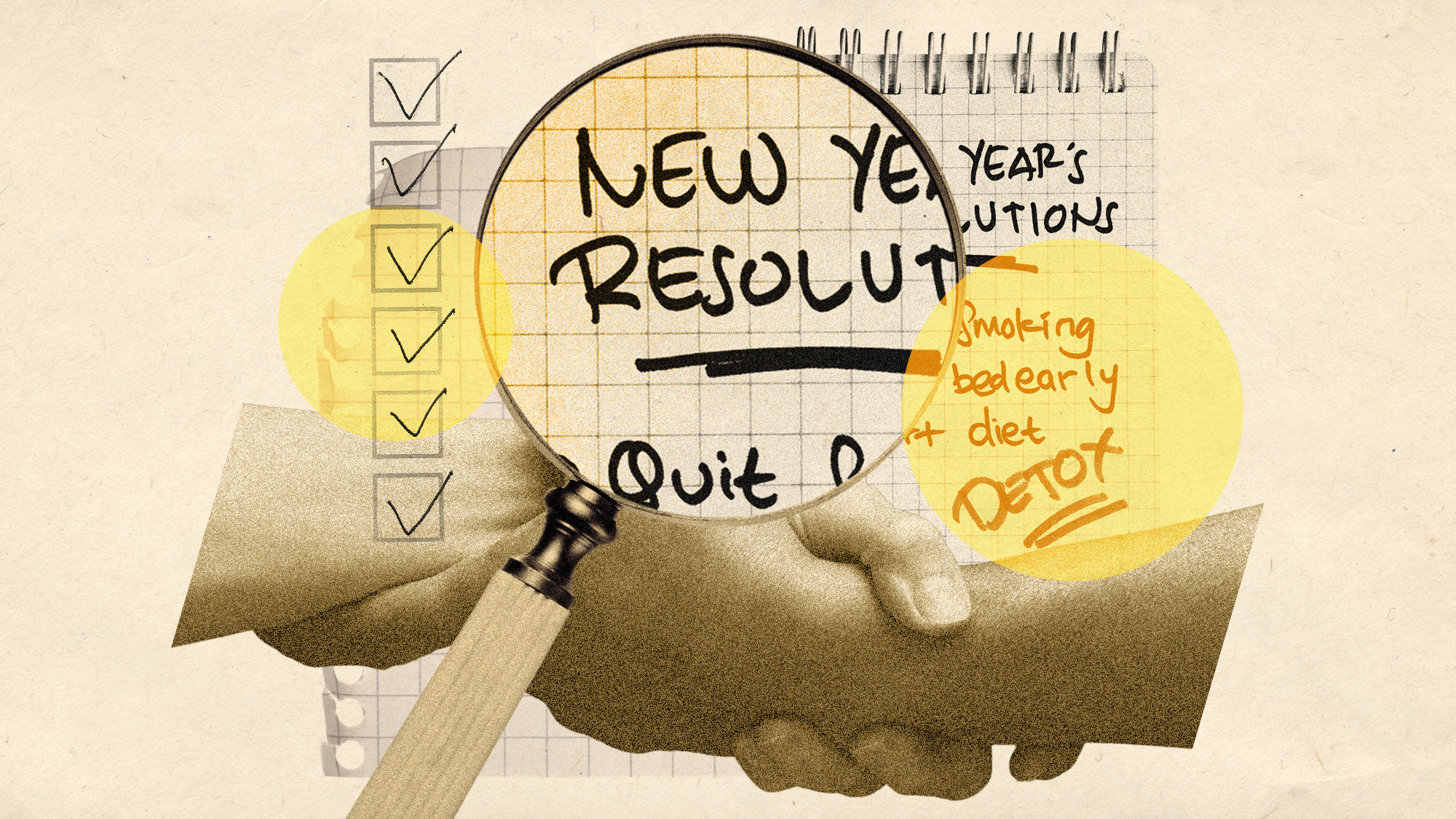5 lessons from John Edwards' fall
The former Democratic star stands accused of using campaign contributions to cover up an affair. What can we learn from Edwards' spectacular crash?

John Edwards' indictment Friday, on charges that he used $925,000 in campaign contributions to hide an extramarital affair and love child, capped a spectacular fall from grace for the former Democratic senator and vice presidential nominee. Edwards reportedly turned down a plea deal because prosecutors wanted him to spend six months in prison to avoid a trial. What can other politicians, and all of us, learn from his downfall? Here, five lessons:
1. The cover-up is worse than the crime
Though it was undeniably loathsome that Edwards cheated on his then-cancer-stricken wife, the late Elizabeth Edwards, while pursuing the 2008 Democratic presidential nomination, says Meredith Carroll at Babble, it was even worse that he "subsequently lied to his family and the country about the affair and the baby." And it's the cover-up that got him into legal trouble. Pay attention, kids — lying only makes your offenses worse.
The Week
Escape your echo chamber. Get the facts behind the news, plus analysis from multiple perspectives.

Sign up for The Week's Free Newsletters
From our morning news briefing to a weekly Good News Newsletter, get the best of The Week delivered directly to your inbox.
From our morning news briefing to a weekly Good News Newsletter, get the best of The Week delivered directly to your inbox.
2. Edwards was never who Dems thought he was
"From the beginning of Edwards’ political career, liberal enthusiasts gushed about his talents," says Mona Charen at National Review. They characterized him as sexy and bold, a crusader who had stood up for the unfortunate since his days as a trial lawyer. But that was never true — Edwards was a "fortune-hunting, slick, and unscrupulous" malpractice attorney. It's no surprise he went on to become a "manipulative, mendacious, and morally bankrupt politician."
3. A politician's personal life is no longer his own
There seems to be little dispute that Edwards' wealthy donors provided money that he used to hide his affair with mistress Rielle Hunter and support his illegitimate child, says Ari Melber at The Nation. But the prosecution will go further, arguing that the cover-up was crucial to Edwards' candidacy since he was campaigning as a family man, which means the funds absolutely should have been reported as campaign contributions, not passed off as personal gifts. For politicians, prosecutors are saying, the personal is political.
A free daily email with the biggest news stories of the day – and the best features from TheWeek.com
4. Loyalty is not always a good thing
In Washington, loyalty is considered one of the ultimate virtues, says Merrill Matthews at Forbes, but the Edwards case demonstrates that "it can also be a fault." Robert E. Lee once said that loyalty should go "first to God, then family, and finally country." When you put a boss or friend first — as Edwards' close aides and supporters did — "that loyalty comes at the expense" of the things that really matter most.
5. Sadly, the messenger can kill the message
John Edwards' "Two Americas" theme was something the nation needed to hear, says Jim Buchanan in the Asheville, N.C., Times-Citizen. The privileged really do enjoy the sort of health care, school, and tax systems that the poor can only dream of. The problem is more urgent than ever in these hard times of unemployment and public debt. Unfortunately, when Edwards discredited himself, he discredited his message, too.
-
 Why are micro-resolutions more likely to stick?
Why are micro-resolutions more likely to stick?In the Spotlight These smaller, achievable goals could be the key to building lasting habits
-
 What will happen in 2026? Predictions and events
What will happen in 2026? Predictions and eventsIn Depth The new year could bring peace in Ukraine or war in Venezuela, as Donald Trump prepares to host a highly politicised World Cup and Nasa returns to the Moon
-
 Why is Trump’s alleged strike on Venezuela shrouded in so much secrecy?
Why is Trump’s alleged strike on Venezuela shrouded in so much secrecy?TODAY'S BIG QUESTION Trump’s comments have raised more questions than answers about what his administration is doing in the Southern Hemisphere
-
 Bari Weiss’ ‘60 Minutes’ scandal is about more than one report
Bari Weiss’ ‘60 Minutes’ scandal is about more than one reportIN THE SPOTLIGHT By blocking an approved segment on a controversial prison holding US deportees in El Salvador, the editor-in-chief of CBS News has become the main story
-
 Has Zohran Mamdani shown the Democrats how to win again?
Has Zohran Mamdani shown the Democrats how to win again?Today’s Big Question New York City mayoral election touted as victory for left-wing populists but moderate centrist wins elsewhere present more complex path for Democratic Party
-
 Millions turn out for anti-Trump ‘No Kings’ rallies
Millions turn out for anti-Trump ‘No Kings’ ralliesSpeed Read An estimated 7 million people participated, 2 million more than at the first ‘No Kings’ protest in June
-
 Ghislaine Maxwell: angling for a Trump pardon
Ghislaine Maxwell: angling for a Trump pardonTalking Point Convicted sex trafficker's testimony could shed new light on president's links to Jeffrey Epstein
-
 The last words and final moments of 40 presidents
The last words and final moments of 40 presidentsThe Explainer Some are eloquent quotes worthy of the holders of the highest office in the nation, and others... aren't
-
 The JFK files: the truth at last?
The JFK files: the truth at last?In The Spotlight More than 64,000 previously classified documents relating the 1963 assassination of John F. Kennedy have been released by the Trump administration
-
 'Seriously, not literally': how should the world take Donald Trump?
'Seriously, not literally': how should the world take Donald Trump?Today's big question White House rhetoric and reality look likely to become increasingly blurred
-
 Will Trump's 'madman' strategy pay off?
Will Trump's 'madman' strategy pay off?Today's Big Question Incoming US president likes to seem unpredictable but, this time round, world leaders could be wise to his playbook